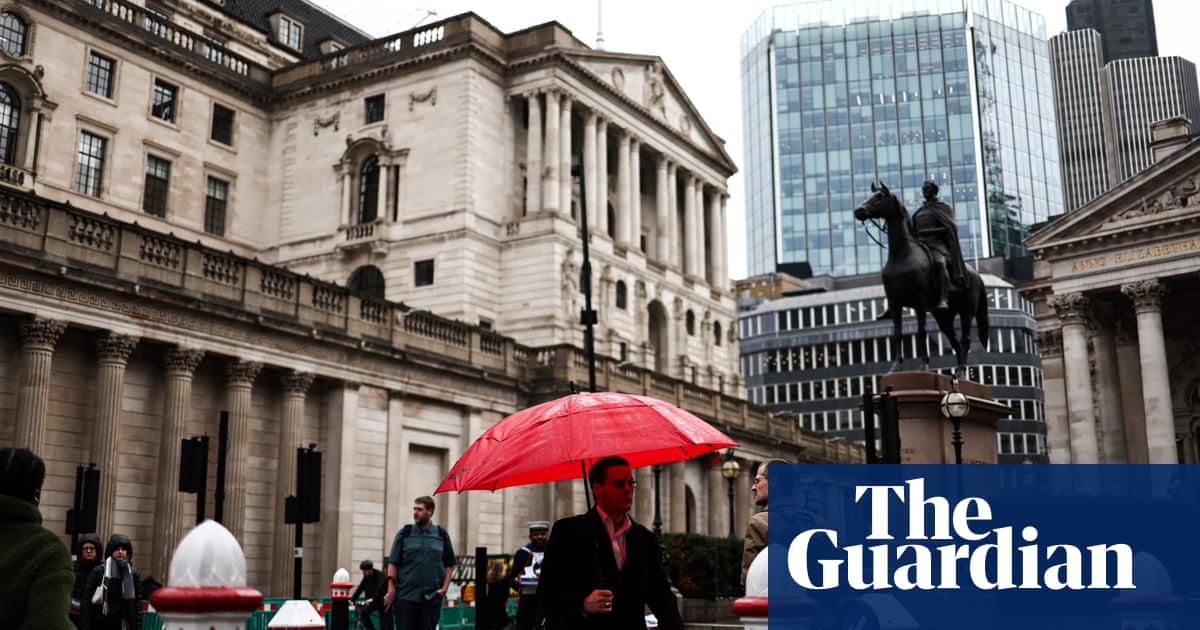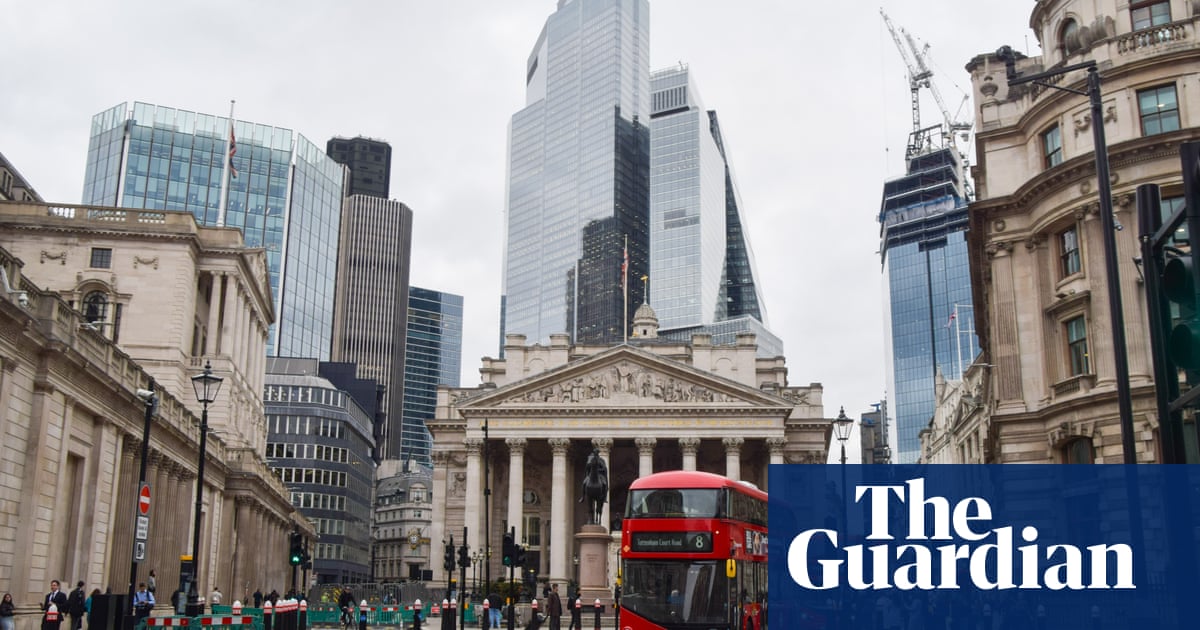
JERUSALEM, Aug 19 (Reuters) - The Bank of Israel is expected to leave short-term interest rates unchanged next week for its 11th straight policy meeting, following data showing rising inflation and a rebound in economic growth.
All 15 economists polled by Reuters believe the monetary policy committee (MPC) will keep the benchmark rate (ILINR=ECI) at an all-time low of 0.1% when the decision is announced on Monday at 4 p.m. (1300 GMT).
The next rate move is widely expected to be an increase in 2022 or 2023.
After a long stretch of disinflation and inflation below the government"s 1-3% annual target range, inflation pressures have emerged with the annual rate reaching 1.9% in July.
"This increase, which is mainly due to a jump in energy prices and a renewed opening of the economy, will not cause the Bank of Israel to change policy in the next decision," said Ofer Klein, head of economics and research at Harel Insurance and Finance.
At the last meeting on July 5, policymakers voted 6-0 to leave its key rate unchanged, citing no cause of concern of inflation heating up despite a spike in the United States. read more
Israel"s economy grew an annualised 15.4% in the second quarter from the prior three months, according to a preliminary estimate that followed a nearly full opening of the economy after three lockdowns. read more
The central bank projects 5.5% growth in 2021 but has said there could be risks to the economic recovery from the Delta variant in the COVID-19 pandemic. Infections from Delta have soared in recent weeks to top 62,000 active cases.
Officials have reimposed some restrictions to avoid a fourth lockdown and are urging the elderly to get a booster shot.
The market will also be looking for clarity on extending foreign exchange and government bond purchases.
The central bank has bought nearly 72 billion shekels ($22.2 billion) of government bonds out of a planned 85 billion. Bank of Israel Governor Amir Yaron has said given the current rate of purchase, the programme is expected to end towards the end of the year, with further steps determined later.
The bank has bought more than $25 billion of foreign exchange this year out of a planned $30 billion to try and contain the strong shekel . Yaron has said the bank would likely let the programme end and then act in the forex market as needed, taking economic activity into account.
($1 = 3.2413 shekels)












